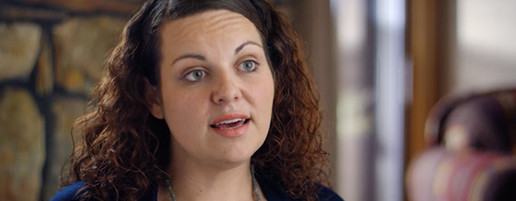Meet Your Kidney Care Team
Your care team members are ready to support you
Doctor
A doctor, also known as a primary care physician (PCP), assesses your overall health, including any conditions you may have, such as diabetes or high blood pressure, and recommends a healthcare plan if necessary. They will monitor your overall health and as your kidney disease progresses, they may refer you to a nephrologist. If you have any health concerns outside of your CKD condition, this is the person to go to.
Social worker
A social worker or counselor is a trusted partner who will educate you about CKD, help set health goals, and offer tips and tools for adjusting to life after a kidney disease diagnosis. Involving a social worker promotes comfort and provides reassurance that you are not alone as you navigate your journey together.
Dietitian
A kidney diet specialist works with you to create a personalized meal plan that incorporates a healthy diet that aligns with your favorite foods and flavors. Your plan may be refined as necessary to meet your unique nutritional needs.
Pharmacist
Working closely with a trained pharmacist who is knowledgeable about different medications is important. With CKD, your kidneys may process some medications differently and need to be adjusted or even avoided, depending on your lab values and level of kidney function. It’s important to talk to a pharmacist about all of the medications you’re taking. A pharmacist can help you understand your medications, learn how to take them as prescribed, and be aware of any possible side effects to look out for.
Insurance coordinator
An insurance coordinator can help explain all of your health insurance coverage options, so you can choose the best coverage for you. If you ever have questions about your coverage or if your coverage needs to change, talk to an insurance coordinator before making any changes to your existing plan.
Support network
A support network is the group of people who will comfort and help guide you throughout your CKD journey. Your personal support network may include family, friends, neighbors, and coworkers you feel close with—anyone who cares about you and wants to see you thrive. It’s important that you maintain close contact and reach out to them when you need their encouragement, love, and support.


—Shannon, RN
